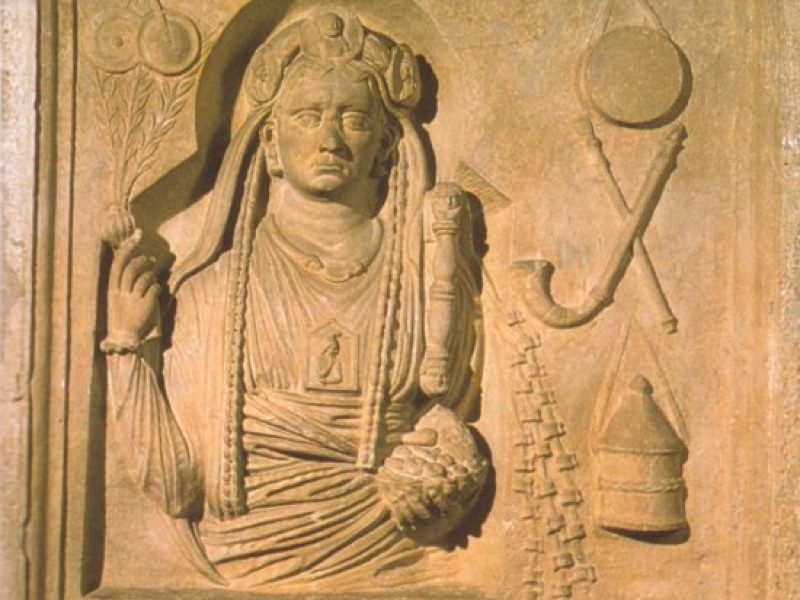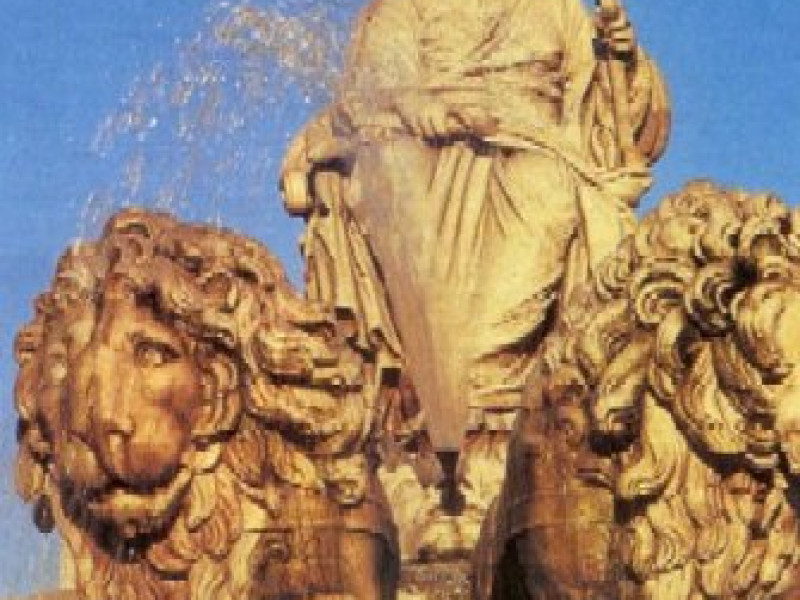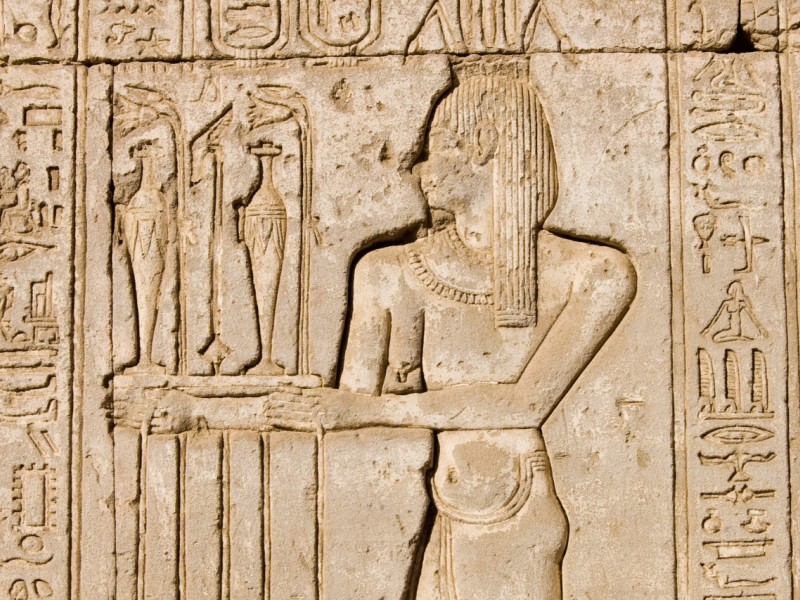Sangarius
The river god of the Sangarius River in Phrygia, northwest of Asia Minor. The river flowed through the valleys of Phrygia, out into the Black Sea. Three important Phrygian cities were founded on the banks of the Sangarius - Ancyra, Gordium and Pessinus.
In classical mythology, Sangarius was mostly known as the father of Hecuba, who was wife of King Priam of Troy, and of Nana, who was mother of Attis. It was a centre of worship of Cybele in Asia Minor.
By Jimmy Joe




